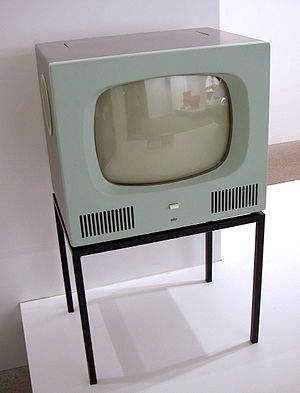
One of the best ways in the early years of your career to provide for your long term future is to have a 401K for your retirement where your employer will match your own contributions up to a certain figure. Your contribution is pre-tax incidentally. Albert Einstein once said that compound interest was the ‘eighth wonder of the world’ and it is compound interest that will help even small amounts to grow into a substantial figure on retirement if savings begin in your 20s.
It is worth illustrating this with real figures. A figure of $4,000 a year saved between the ages of 25 and 35 with no further contributions after that will produce a larger final figure at 65 than someone starting at 35 and contributing $4,000 per annum for 30 years. The latter has invested three times as much as well. The factors that decide this are time and compound interest. The whole total of former is working for him or her for 30 years. A fair amount of the second example is only ‘working’ positively for a limited time. Start early!
An Illustration
It is worth looking at examples to see what size of fund is realistic. 8% is not an unreasonable sum to put away on a salary of $40,000 a year, a salary that grows at 2% per annum for 20 years. If the employer pays 3% in addition and growth is a modest 7%, the fund at the end of 20 years would be around $210,000. If you can put 10% in instead, or if you extend the saving period to 30 years the fund rockets to over $500,000! It’s time and compound interest again because in the example over 20 years you will have only put in just under $80,000 yourself to have a fund two and a half times bigger.
A Couple of Observations
Can there be a bigger argument for saving from an early age than that? Surely not! The question is how to manage your money well enough so that you can start to save in the early years of your career. You may well have a student loan to begin to pay off. Probably two of the most important things to do with realisticloans.com, or not to do depending how you look at it are:
- Credit Cards. Avoid building up debts by buying things you cannot afford. The interest charged on outstanding balances is penal. If you have a balance, perhaps as a legacy of subsidizing your student life, take out a personal loan to clear it. It is much cheaper in terms of interest rate and repayable in monthly instalments over a fixed term
- Resist the temptation of trying to impress with material things. Impress people by who you are and not a new car or the latest fashions.
Expenditure
There is no doubt that you may well have monthly expenditure you did not face before, especially if you have relocated to start work. Such expenditure is unavoidable but you should spend some time on researching whether you are getting the best deals. That applies to a number of significant things such as utilities, insurance and telephone. There are comparison websites that do a good deal of research for you and at least will provide you with a short list to look at further.
The aim is to create a regular surplus that can be transferred out of your checking account when your monthly pay comes in to work positively for you and your future. You will need to apply self-discipline to your finances but you can see from the example of ‘time and compound interest’ what they benefits are for being in control. It really is not much to sacrifice.
There will be times in the years to come when you have big financial decisions to make. Real estate comes to mind immediately and a long term mortgage can reasonably be regarded as positive debt because it should produce good growth over the term you have committed yourself to. With real estate often comes marriage and a family; and all the expense that involves. Yet that responsibility is yet another reason to start young in saving for the future, and your possible dependents.




